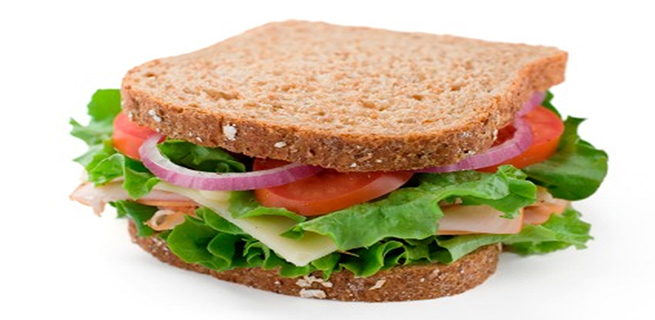This is the second part of an article by nutritionist Beverley Blake-Scarlett, written to help guide parents about wisely spending for the nutrition of their children. The first part was published in The Times last week and dealt with healthy habits generally and also with why some children are obese and why others are undernourished. Last week, she considered breakfast, the first meal of the day, and gave tips about that. Here she takes us through other meals and needs of the child for the day. – The Editor
Snacks:
Healthy snacks rich in nutrients and fibres should be provided for children. Healthy snacks can be in the form of sandwich (cheese, sardine, peanut butter) with fruit or a fruit based drink. Vegetables can also form part of the child’s snack items (cucumber slices, carrot sticks, and whole plum tomatoes).
LUNCH:
School lunch programs should offer nutritionally balanced option to include vegetables along with staples and food from animals. Parents should ensure that children have cooked lunch from the school’s canteen rather than be given money to be spent as the child sees fit. Advantages of a cooked lunch are as follows:
- It will be more nutritious – more balanced in terms of food groups and nutrients,
- Freshly cooked – less risk of contamination
- Sometimes a school meal often represent the only nutritious meal in a child’s day
- This is a great way for the child to try new foods – encourages healthy eating from an early age
- It should supply 35% of all essential nutritional requirements that will help the child in leading a healthy lifestyle
- It is usually excellent value for money
- It will prepare the child for the afternoon school lessons
- It will take away the responsibility and worry from the busy parent in providing a packed lunch
Other healthy option is that parents can provide the child with a packed lunch for school. Packed lunch should consist of a staple food with a food from animal or legumes plus vegetable and fruit. (Be careful to prevent contamination).
DINNER:
Parents should ensure that dinner is equally nutritious as lunch and should consist of staple foods with food from animals or legumes plus vegetables and fruits.
Fluids: Children should drink lots of water and other healthy fluids. Six to eight glasses (8 ozs.) of water and other healthy fluids each day will keep the child well hydrated, protect vital organs, helps to keep the skin beautiful and cleanse the body from the inside. These should be provided preferably after the child has eaten.
Adequate Rest: Children need to get adequate rest to remain healthy and be able to concentrate in class. School-aged children need at least 10 hours of rest in each 24 hours. See the general recommendation sleep time chart from the US National Heart, Lung, and Blood Institute below:
| Age | Recommended Amount of Sleep |
| Newborns | 16–18 hours a day |
| Preschool-aged children | 11–12 hours a day |
| School-aged children | At least 10 hours a day |
| Teens | 9–10 hours a day |
| Adults (including the elderly) | 7–8 hours a day |
Reference – http://www.nhlbi.nih.gov/health/health-topics/topics/sdd/howmuch.html
Why sleep is important: Sleep plays a vital role in good health and well-being throughout life. Getting enough quality sleep at the right times can help protect mental health, physical health, quality of life, and safety. During sleep, the body is working to support healthy brain function and maintain physical health. In children and teens, sleep also helps support growth and development.
Daily Exercise: Exercise helps to keep children healthy. When they are active – They will feel less stress, feel better about themselves, be more attentive in school, keep a healthy weight and build and keep healthy bones, muscles and joint. Exercise will also help them to sleep better at nights.
Our children are the men and women of tomorrow – our future leaders. Parents and guardians, Let us do everything in our powers to ensure that they grow and develop healthy and well so they are able to achieve their academic potential. “Good health begins with eating right”
Beverley Scarlett is Regional Nutritionist, NERHA Ocho Rios, St Ann. You may reach her at 1-876- 770 7368, or email [email protected] or [email protected].









